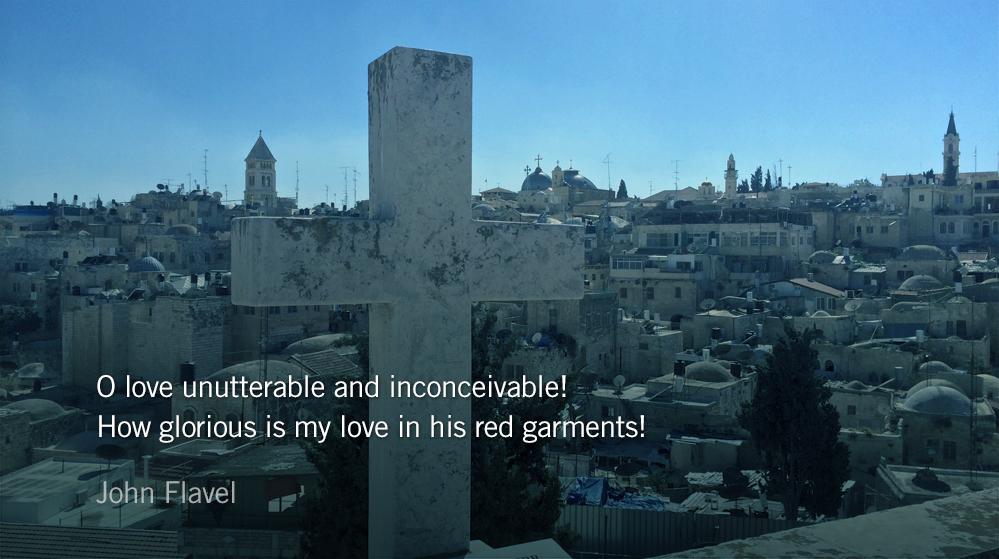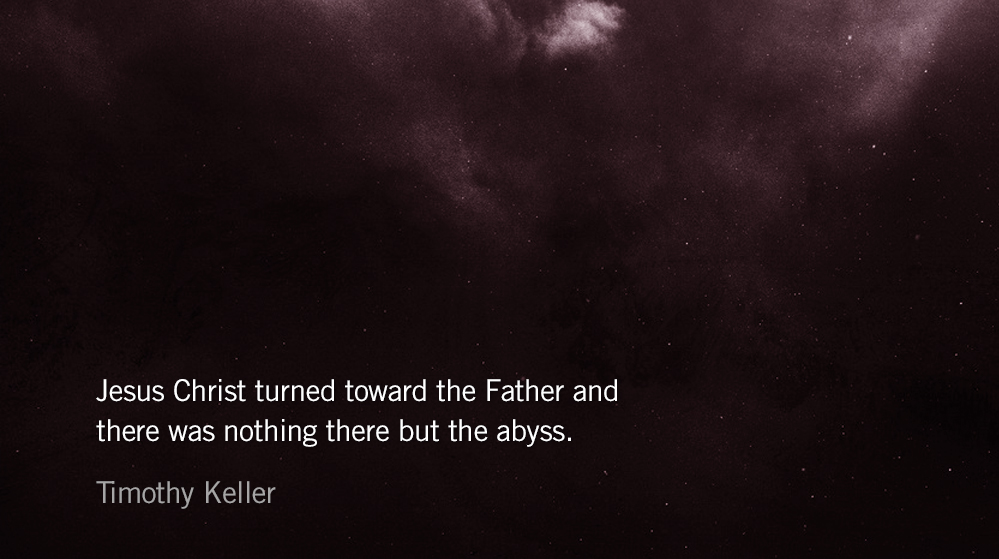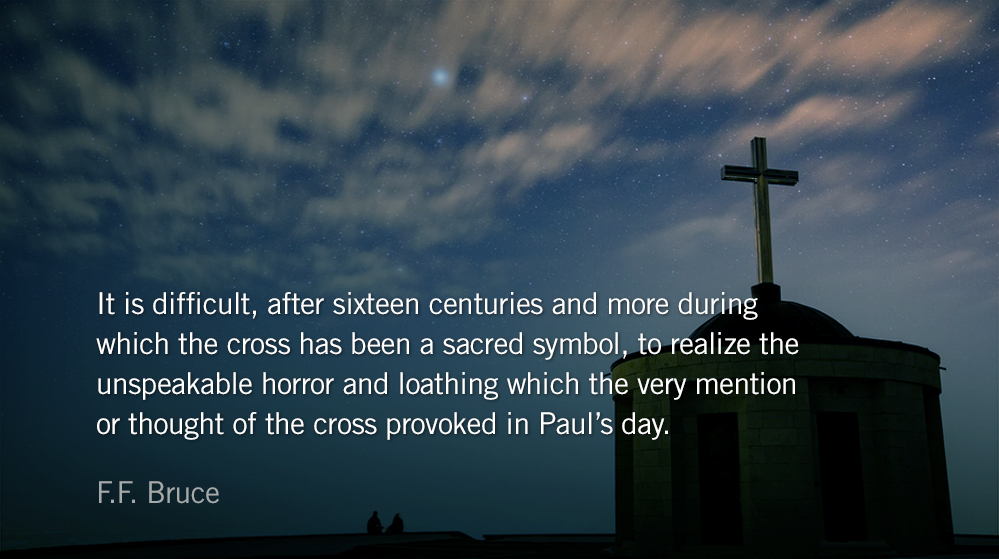Christian faith gives us a new conception of work as the means by which God loves and cares for his world through us.
― Timothy Keller
Scripture: Exodus 28
[God said,] “You shall speak to all the skillful, whom I have filled with a spirit of skill, that they make Aaron’s garments to consecrate him for my priesthood.” — Exodus 28.3Reflection: Reengaging Earth With Heaven
The Park Forum
The first people to be filled with a spirit from God were not priests, but craftsmen. Few were said to have direct access to God’s Spirit at this moment in human history—those that did engaged in their vocation in a way that could not be explained merely by human skill (something that happens more than once in Scripture).
What they created under this empowerment is remarkable not only for its detail, but for its transcendent meaning.
The priestly garments are a picture of the world properly ordered. In his 21-volume series, The Antiquities of the Jews, the first-century historian Josephus describes the symbolism of the priestly garments as understood in the time of Christ:
The robe of the high priest being made of linen, signified the earth; the blue denoted the sky, being like lightning in its pomegranates, and in the noise of the bells resembling thunder.
He also appointed the breastplate to be placed in the middle of the ephod, to resemble the earth, for that has the very middle place of the world. And the girdle which encompassed the high priest round, signified the ocean, for that goes round about and includes the universe.
And for the headdress, which was of a blue color, it seems to me to mean heaven; for how otherwise could the name of God be inscribed upon it?
Faith is designed to reengage earth with heaven. Even in the darkness of our sin and brokenness, God did not abandon us—his redemption plan begins its renewal here and now—and he will stop at nothing to complete his work. Not only is God’s name inscribed on the earth, his blood is spilt on it.
The craftsmen are a case-study of how to respond to God’s spirit of grace. As an act of faith they hone their skill over years of practice, invest themselves deeply into their work, and engage in projects which help humanity flourish.
Prayer: The Refrain for the Morning Lessons
…the loving-kindness of the Lord fills the whole earth. — Psalm 33.5
– From The Divine Hours: Prayers for Springtime by Phyllis Tickle.
Full prayer available online and in print.
Today’s Readings
Leviticus 21 (Listen – 3:08)
Psalm 26-27 (Listen – 3:13)











